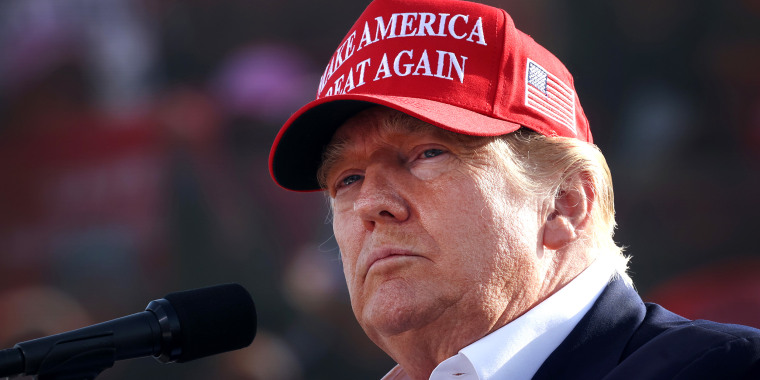The 2020 presidential election was not stolen. There was no massive voter fraud. Despite then-President Donald Trump’s best efforts to falsely claim otherwise and thwart the peaceful transfer of power, Joe Biden won the Electoral College vote and is our legitimately elected president. Trump had no basis for any claims to the contrary. A federal judge just said so, again, this week.
Despite then-President Donald Trump’s best efforts to thwart the peaceful transfer of power, Joe Biden is our legitimately elected president.
The House select committee investigating the events of Jan. 6, 2021, asked one of Trump’s lawyers and advisers, John Eastman, an important figure in the committee’s investigation, for a number of his emails. As Judge David Carter concluded in March, Trump and Eastman “launched a campaign to overturn a democratic election, an action unprecedented in American history.”
Normally the House committee would not be able to obtain such messages because they would be covered by the attorney-client or attorney-work-product privilege, as Eastman, acting as Trump’s attorney, sent or received the messages. The attorney-client privilege allows an attorney or their client to keep confidential communications private. And the attorney-work-product privilege generally allows attorneys to withhold documents that are prepared in anticipation of litigation.
But those privileges are not absolute. If, for instance, you seek legal advice from an attorney in an attempt to commit a crime or fraud then you do not get to use the attorney-client privilege as a protective device. Instead, the crime-fraud exception applies. This week, Judge Carter concluded that it is more likely than not that the communications between Trump and Eastman that the committee is seeking were made in furtherance of illegal conduct.
This is stunning.
Judges do not make a finding like this one lightly. The attorney-client and attorney-work-product privileges are bedrock legal principles. The crime-fraud exception only applies in serious circumstances. Carter’s ruling means Eastman must turn over eight documents that we anticipate will show, once again, that Trump simply could not have believed his lies that the election was stolen.
The emails at issue basically illustrate two big conclusions, according to the court decision. The first set of documents show that Trump signed a verification, under oath, in December 2020, which claimed that in Fulton County, Georgia, over 15,000 voters were improperly counted because they were cast by dead people, felons or unregistered voters. The problem for Trump is, as Carter noted, the emails show that Trump “knew that the specific numbers of voter fraud were wrong but continued to tout those numbers, both in court and to the public.” Carter concluded that “...these emails are sufficiently related to and in furtherance of a conspiracy to defraud the United States.”
The emails matter because they undercut Trump’s out-of-court lies that there was massive voter fraud.
The second set of documents demonstrate, according to Carter's decision, that Trump’s goal in filing post-election litigation in swing states was to delay the certification of the Electoral College results, not to obtain legal relief.
The emails matter because they undercut Trump’s out-of-court lies that there was massive voter fraud. He knew there was not. He was told there was not. He filed cases anyway because Trump often makes political arguments in legal filings so they have the veneer of legitimacy. The problem with that approach is that documents that are filed in court are filed under penalty of perjury. Trump cannot get away with lying in legal filings the way he gets away with lying when he’s not in court.
There are repercussions for lying to a judge. Soon we will know how far these repercussions stretch, and whether Trump will be indicted for his role in attempting to overturn the 2020 election. Carter concluded that it is more likely than not that Trump engaged in a crime. Any criminal case against Trump will require proof beyond a reasonable doubt. The DOJ has not yet brought a criminal action against Trump for his role in the insurrection at the U.S. Capitol that Jan. 6, but Carter’s ruling gives the DOJ a roadmap to proceed and could potentially provide evidence of Trump’s intent to defraud the U.S. government.

